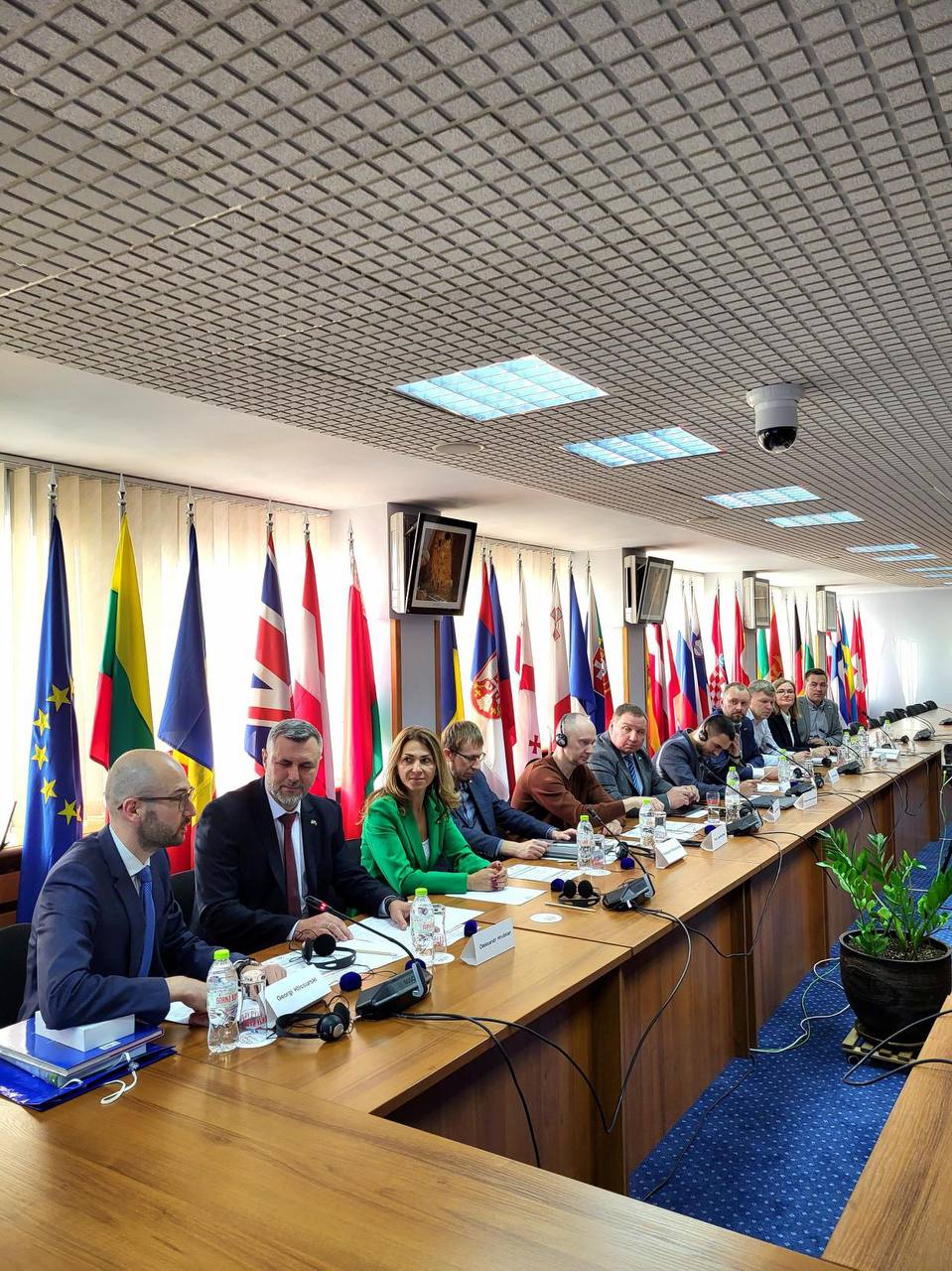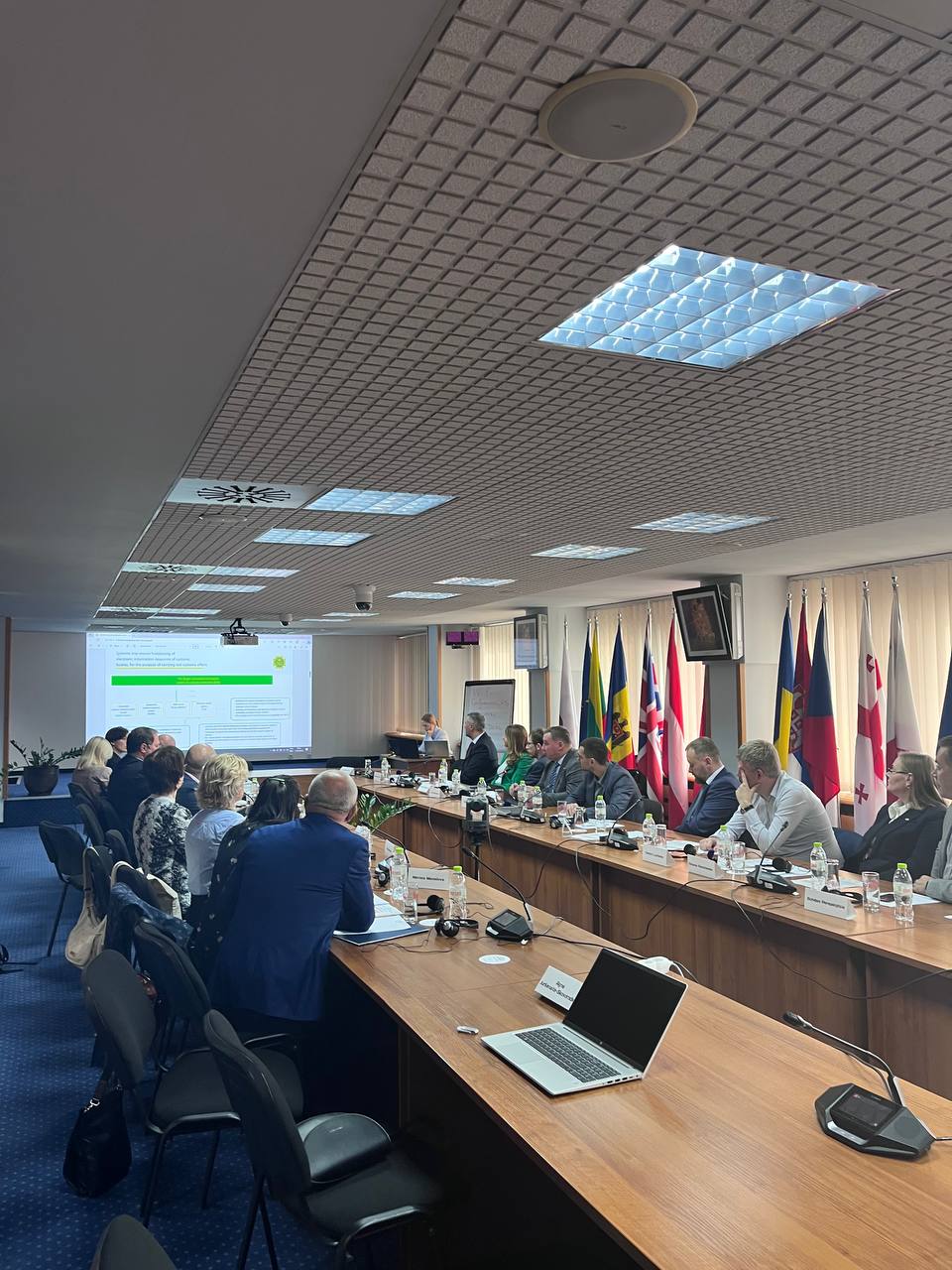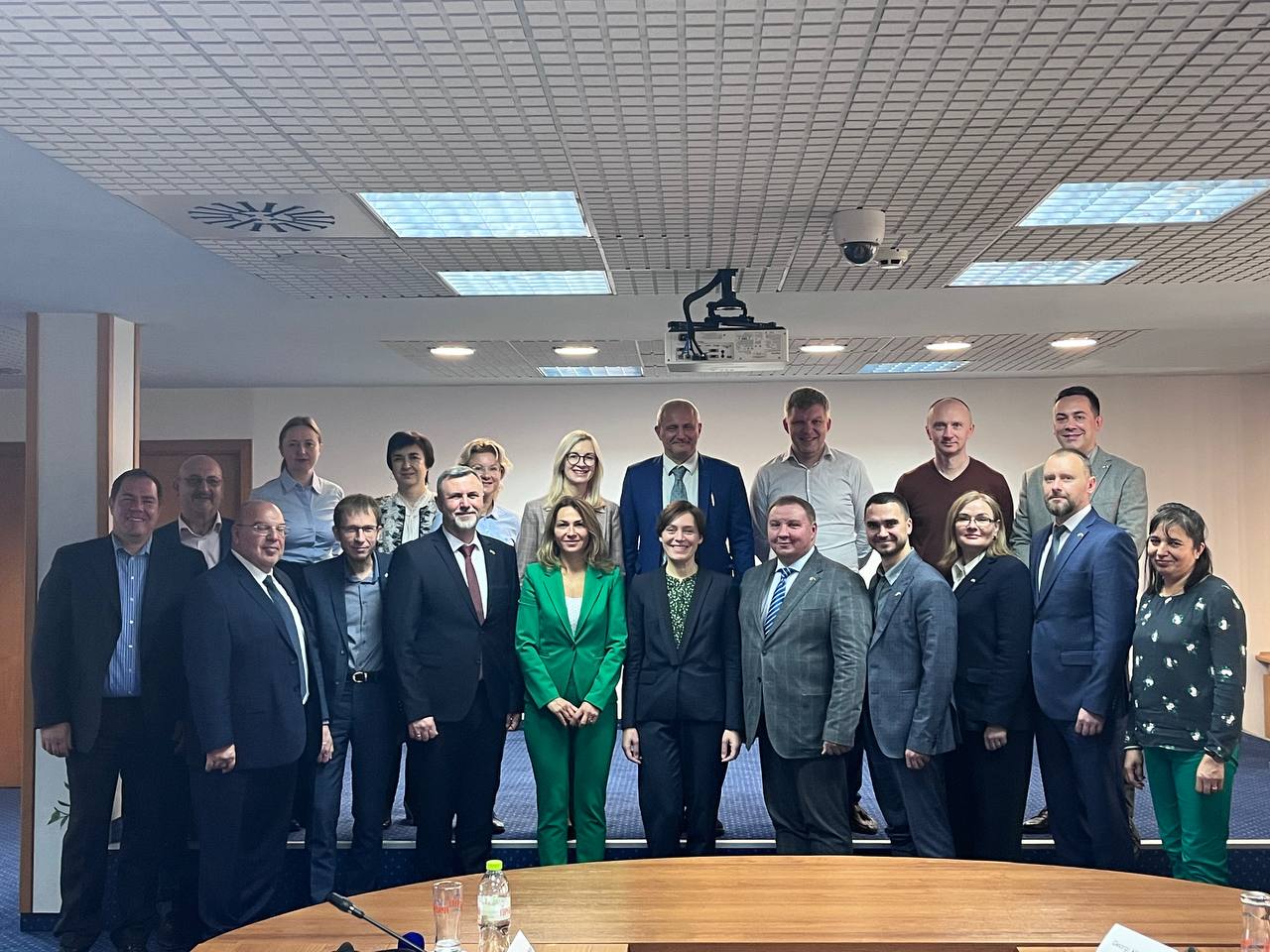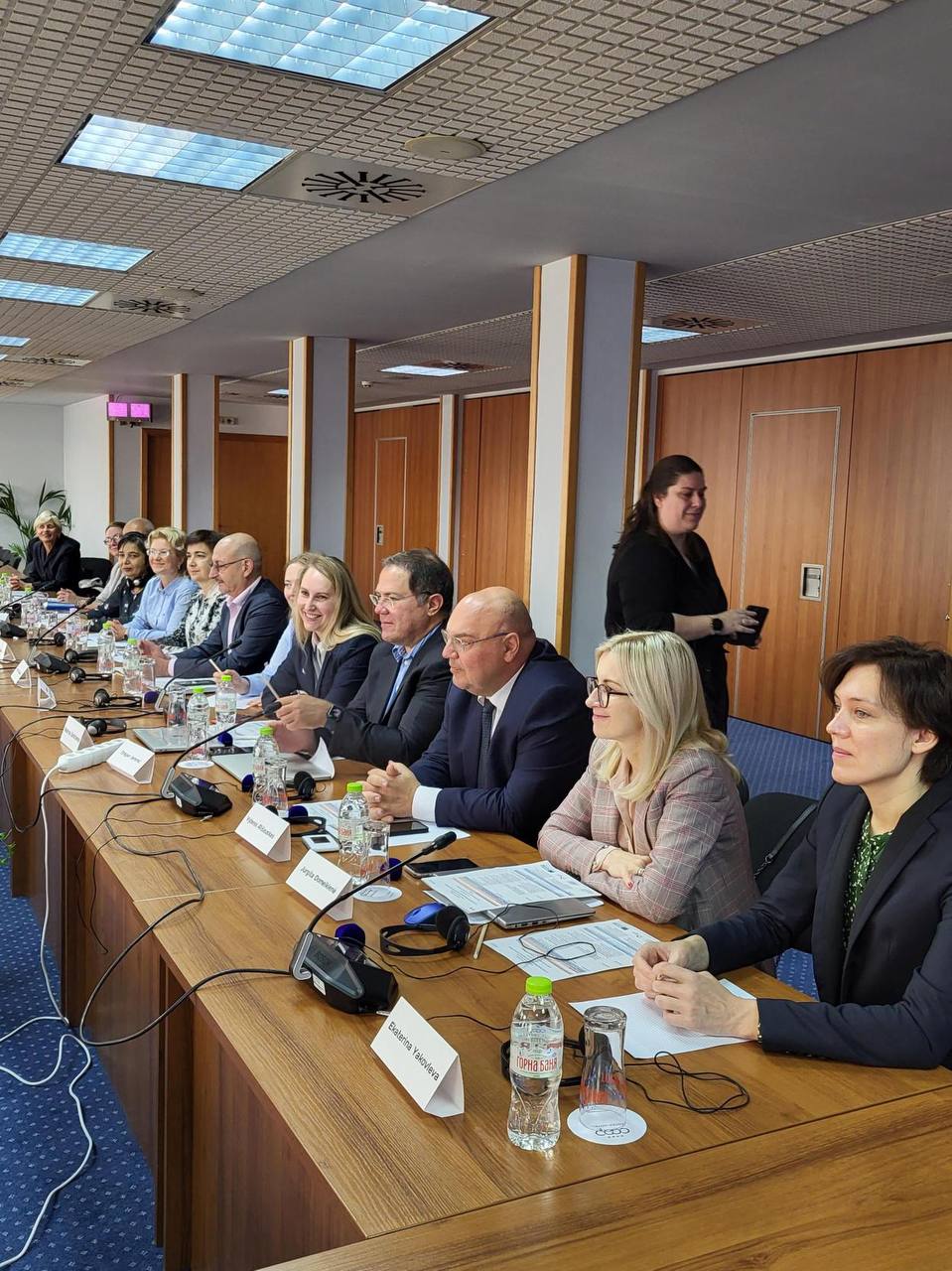Exploring the Bulgarian Model: the Ministry of Finance and the State Customs Service are studying the experience of Bulgaria, and how to harmonize customs legislation, IT systems and procedures so that Ukraine becomes a member of the EU Customs Union.
Today, October 17, the study visit of the delegation of the Ministry of Finance and the State Customs Service of Ukraine to Bulgaria, organized within the framework of EU4PFM, began in Sofia. It will last from October 17-19 and will cover the key areas of customs affairs, Ukraine should harmonize with the EU practice in the context of the application to join the European Union.
The participants were greeted by Giorgi Klissurski, Deputy Minister of Finance of the Republic of Bulgaria, Oleksandr Hrubiian, Deputy Minister of Finance for Digital Development, Digital Transformations and Digitalisation of Ukraine, Petya Bankova, Deputy Director General of the National Customs Agency of the Republic of Bulgaria.
“Ukraine harmonizes customs legislation with the EU and implements IT solutions even in wartime. We are working hard, because now not only Ukrainians believe in Ukraine, but also the entire democratic world,” noted Oleksandr Hrubiian during his speech.
“Ukraine is doing its “homework” for joining the EU, which is determined by the European Commission in its current Conclusions. The result of this work should be the harmonization of customs legislation, IT systems and procedures in such a way that Ukraine can become a member of the EU Customs Union. It’s well-known that the European Union was initially established as a Customs Union, which underscores the significant role of the customs aspect in the European integration journey. The idea of this visit is for the country, which went through the path of harmonization a little earlier, to share its practical experience with Ukraine,” said Jurgita Domeikiene, EU4PFM Team Leader.
The key issue of the first day was the development of IT systems. Oleg Nikolaychuk, Deputy Head of the State Customs Service of Ukraine for digital development, digital transformations and digitization, presented the plan for the digital transformation of the Customs of Ukraine and the portfolio of projects for 2022-2023 focusing on customs information systems, information systems for international customs cooperation and exchange of information and new customs initiatives.
Bulgarian colleagues presented the EU customs legislation from the point of view of IT development – the Work Program of the Union Customs Code (UCC) and MASP-C (multi-year strategic plan for customs) – the development and deployment of electronic systems provided for by the UCC.






